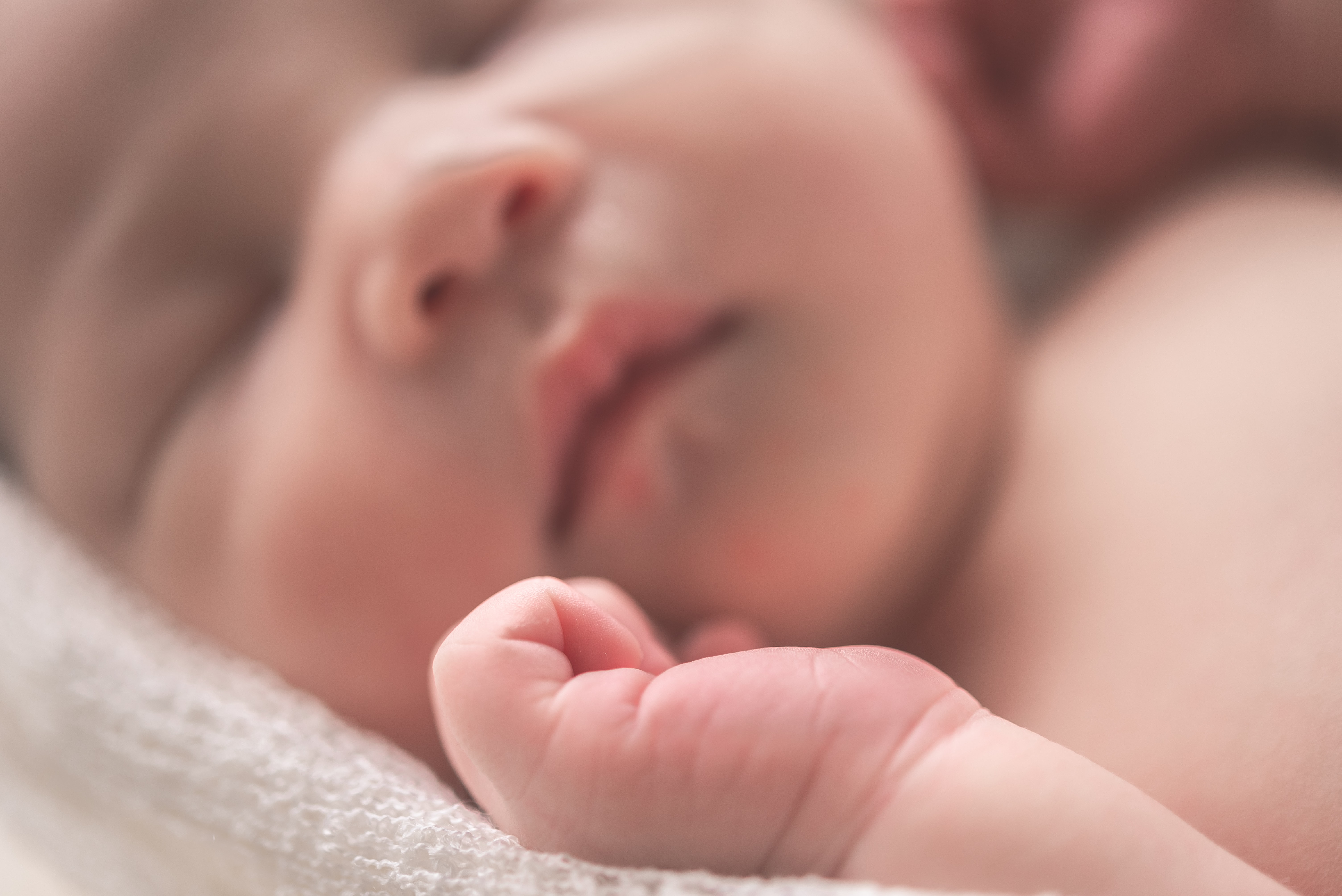Transcutaneous auricular stimulation (tAN) therapy may help opioid-addicted babies recover sooner.
Medical University of South Carolina (MUSC) researchers are partnering with Spark Biomedical to institute a better standard of care for infants born opioid dependent. According to the Centers for Disease Control and Prevention (CDC), “Every day across the United States, almost 80 newborn babies are diagnosed as going through drug withdrawal because they are no longer getting the drugs their mothers used while pregnant.”
Most hospitals currently give these babies medications to ease withdrawal symptoms until they can stabilize. The neonatal intensive care (NICU) team works with the infants for roughly two to three weeks. The treatment being tested at MUSC Children’s Health uses electrical stimulation to induce the baby’s body to produce more endorphins, which are the natural feel-good chemicals opioids target. The goal would be to taper the infant off morphine more quickly, reducing the risk of side effects and decreasing the time spent in the NICU.

Dorothea Jenkins, M.D., a professor of pediatrics in the College of Medicine who specializes in treating newborns, and Bashar Badran, Ph.D., an assistant professor in the College of Medicine Department of Psychiatry and Behavioral Sciences who specializes in brain stimulation, are working together on the trial with Spark Biomedical, a company already developing an over-the-ear neurostimulation device to transmit transcutaneous auricular stimulation (tAN) therapy to adults. To date, three infants have received the treatment and were all safely weaned from morphine in ten days or less.
“This neurostimulation is giving the brain a little bit of a boost of its own endogenous opioids to perhaps reduce the need for exogenous morphine, which has all these dangerous side effects when delivered for prolonged periods of time in this critical neurodevelopmental window,” Badran said.
“It’s really exciting to be able to see a baby organize, calm down, be able to eat and sleep,” Jenkins said, adding, “It’s remarkable to have them look you in the eye and watch you like a typical newborn.”
Neonatal abstinence syndrome (NAS) or neonatal opioid withdrawal syndrome (NOWS) occur when an infant withdraws from addictive drugs he or she has been exposed to in the mother’s womb. It most commonly occurs by the mothers who take opioids but is can also occur from the use of antidepressants, barbiturates or benzodiazepines. According to the National Institutes of Health, NOWS had a five-hold spike in the decade from 2004 to 2014, making it a significant factor of the opioid epidemic and a public health issue.
“When you see babies who are withdrawing from opioids, you immediately feel terrible for them. They are in a lot of distress. They are jittery, crying constantly, hard to soothe and console, and may have fast breathing and vomiting,” Jenkins said.
Recently, an agreement was reached in Kanawha County Circuit Court in West Virginia following a request from a group of attorneys demanding that the Department of Health and Human Resources release the names of 4,000 children in the state diagnosed with neonatal abstinence syndrome since 2016. The complaint is part of the Purdue Pharma bankruptcy case, which began in 2019 and is seeking millions in damages from the drug maker.
Navid Khodaparast, Ph.D., chief science officer at Spark Biomedical commented of the new treatment option, “While we have seen success with tAN therapy in our adult opioid withdrawal clinical trial, we weren’t sure how this treatment approach would generalize to newborns with NOWS. Now that the trial is underway, the results are beyond our expectations and, most importantly, have improved the lives of the newborns and their families.”
Sources:
Trial uses electricity, body’s own endorphins to ease opioid withdrawal in babies
Attorneys Demand Release of NAS Names Amid Purdue Bankruptcy


Join the conversation!